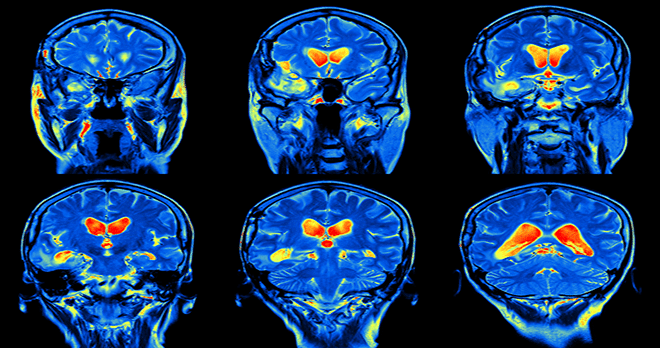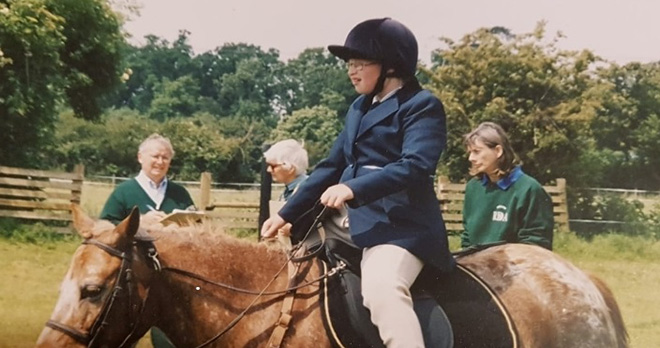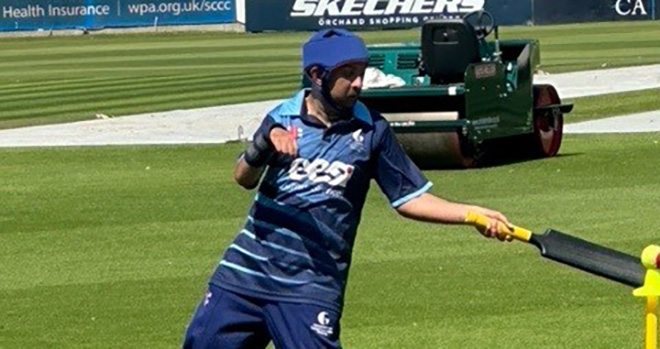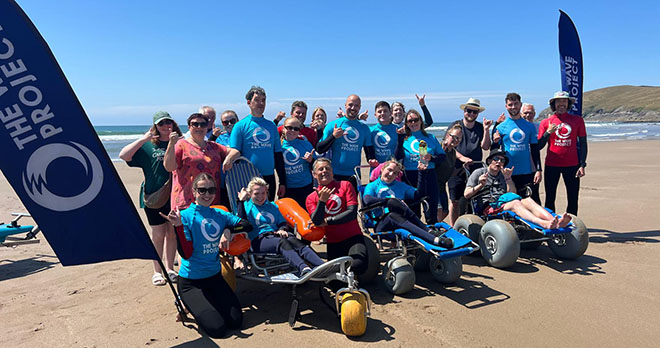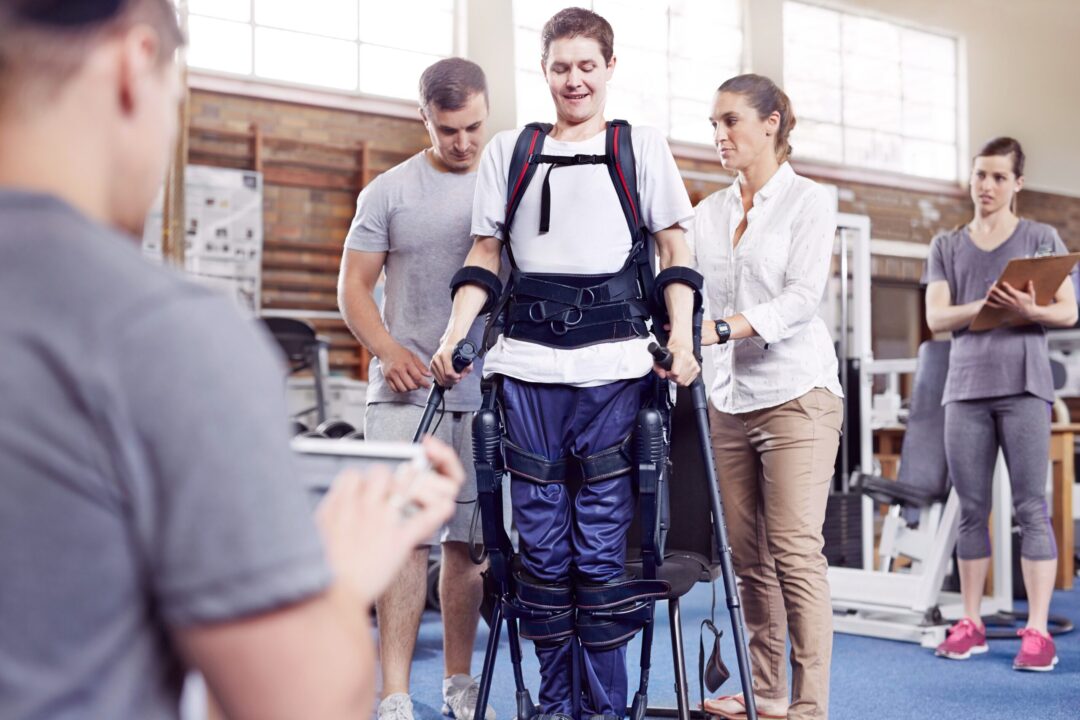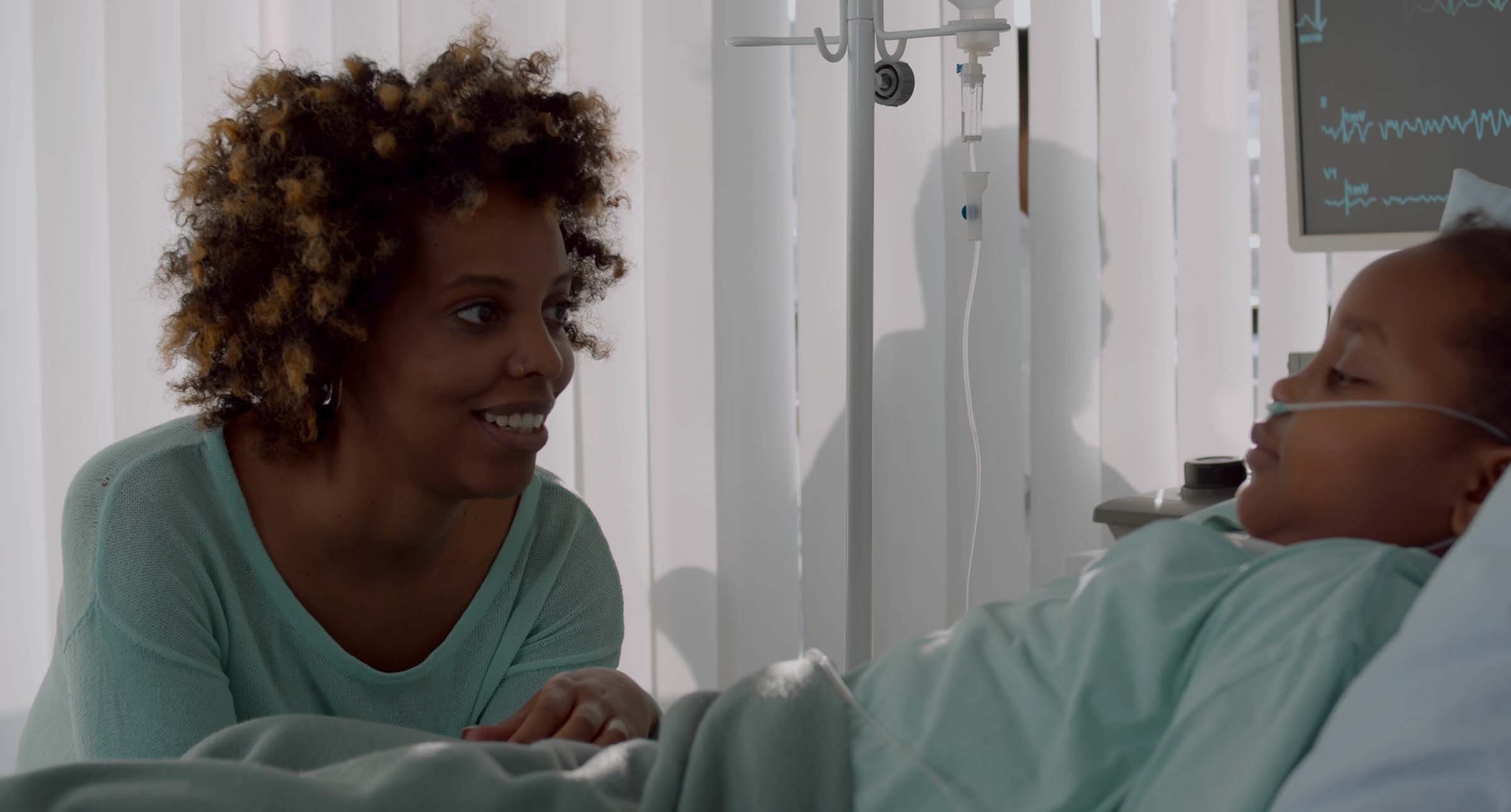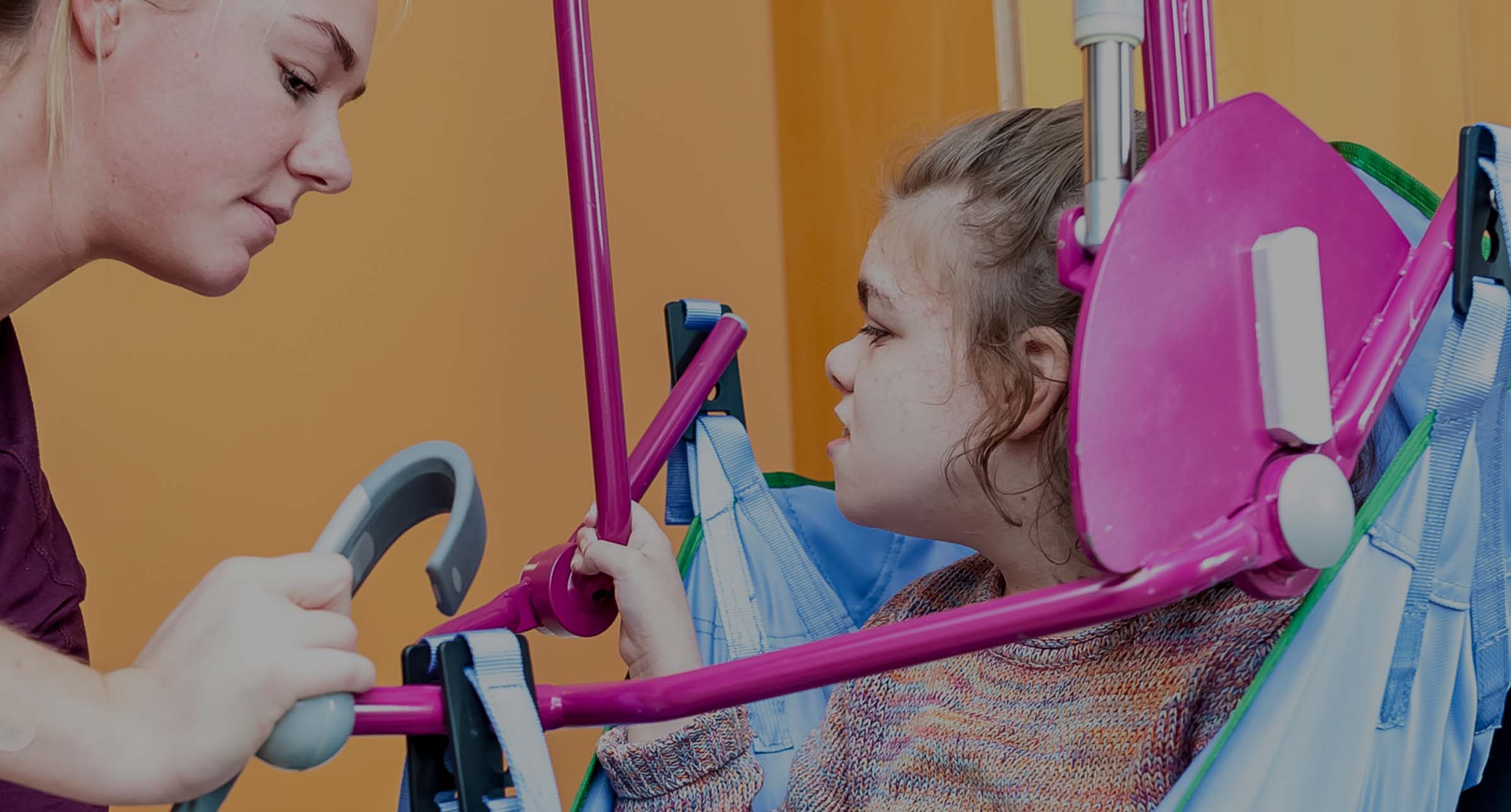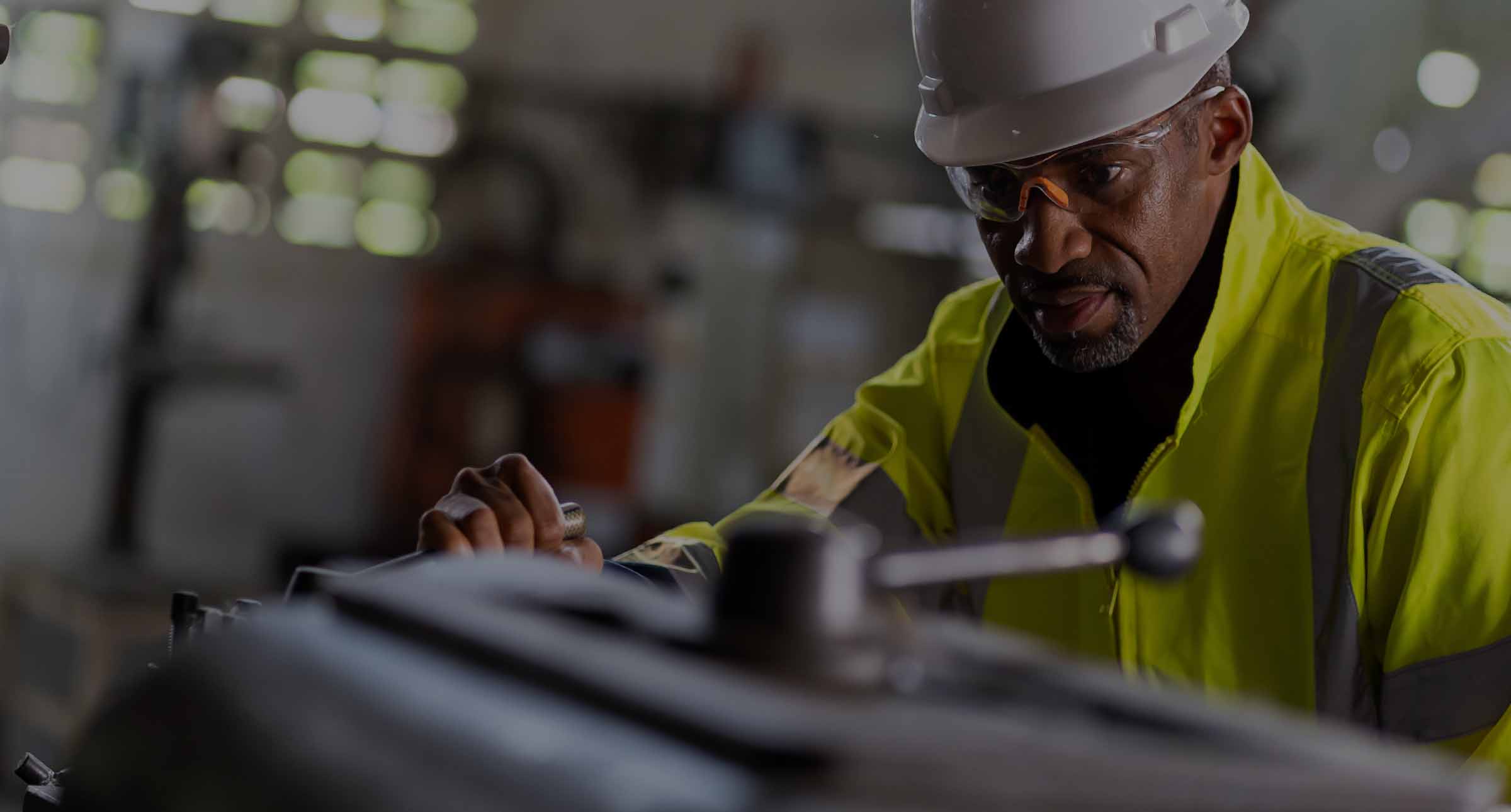How does brain injury affect memory?
When we heard the topic of 2020’s Action for Brain Injury week, it occurred to our team that the problems our clients have with memory are often so complex and debilitating that they have a major impact on their lives. One can put aside physical discomfort through the use of painkilling medication, but there is no medication that can replace someone’s memory.
Regardless of the severity of the brain injury, we have noticed that the vast majority of our brain injured clients have blanks in their memory, or trouble processing information to create new memories, causing varying levels of difficulties, and often serious repercussions on their lives and livelihoods.
I hope that the stories our clients are prepared to share resonate with some of you who find yourselves in a similar position. We wanted you to know you are not alone.
The effects of memory loss on people with brain injury
We take our memories for granted when we are fit and healthy, but when the process of creating memories is damaged the loss is immense to both the brain injured victim and those who would like to share the memory.
It takes a powerful imagination to recreate what it would be like to have memories stolen from you in the blink of an eye. Individual life-changing events are dramatically different from degenerative, progressive conditions that lead to a gradual loss of memory. However, like these conditions you can’t ever plan for the effect it will have on you and those closest to you.
We have found that many of our clients have recreated what has happened to them to form a “memory” of why they have a brain injury. The stark reality is that they cannot remember why they are in the position they are, and that in itself is difficult to cope with and can be very isolating – not least because they didn’t go through the same emotional trauma their family and friends experienced as a result of the accident.
It is often forgotten, but the victim’s whole family and social circle is affected by the brain injury and not just the injured individual themselves. The husband/wife/child/parent/friend we once knew has gone and has been replaced with someone who bears a resemblance to the person they once were but, in often cruel ways, just isn’t the same. It is this that leads to grieving, denial, the sense of loss and frequently the “what if” scenarios that run through and through our minds as we desperately wish we could turn back the clock.
The changes in a person following a brain injury are rarely in our experience positive, the consequences of brain injury being mostly debilitating and life-changing. We do all we can to equip our clients with the tools and support mechanisms to lead fulfilling and positive lives notwithstanding the challenges they face, and it is to their credit that our clients feel capable of recording their personal feelings and sharing them for the benefit of others.
We therefore offer our thanks again to Nick and Oliver for sharing their experiences in this way, and to Rob and Anita for helping to explain the wider impact of the issues all those affected by brain injury face.
Make sure to also listen to our podcast, recorded for ABI Week, where we speak to guests from Headway East London and Headway Oxfordshire about the impact of memory loss on people with brain injury.

The Untold Stories of brain injury
Brain injury remains little understood by wider society. We want to share some of the hidden issues affecting the brain injured.
In our Untold Stories Hub we hope to share some of the hidden issues that come with brain injury and demonstrate how they affect individuals and their families.
